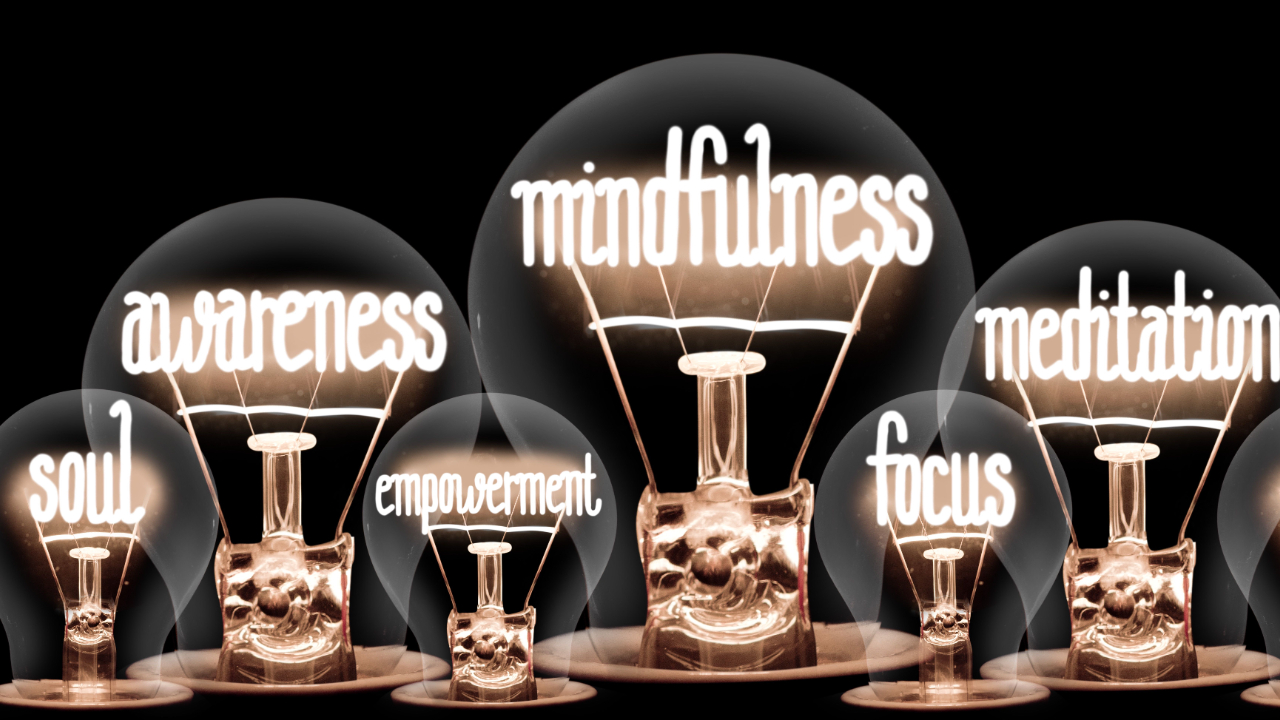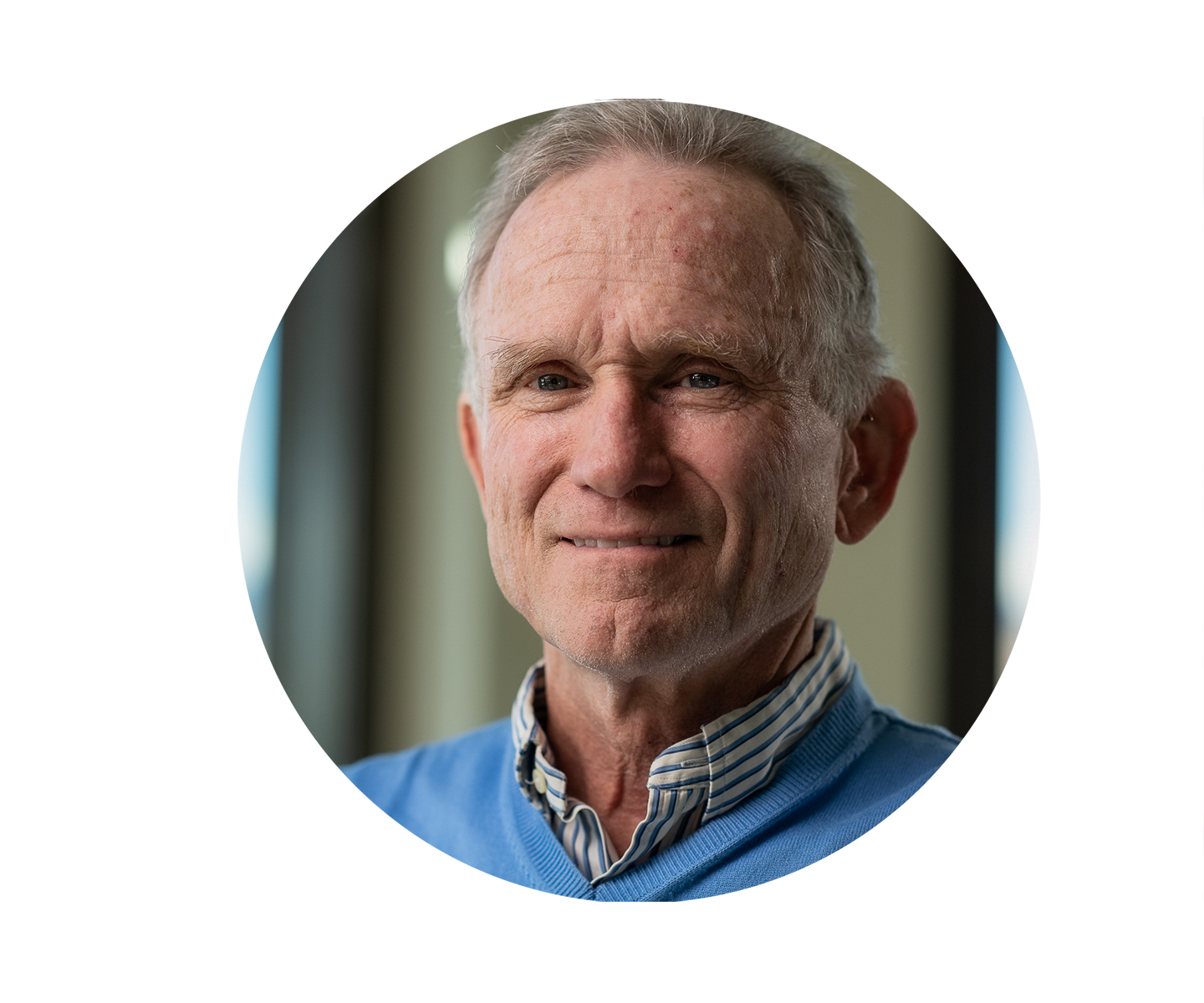Mindfulness Meditation for Beginners: Quick and Easy Tools to Establish Your Practice
Apr 18, 2023
Why is it hard to begin a mindfulness practice?
I can’t tell you how many people have told me, “I can’t meditate, it’s too difficult.” It’s not difficult because we have to sit still; it’s difficult because our minds run wild without training. Our minds have acted this way for most of our adult lives, we just haven’t noticed.
Taking the time to actually sit in meditation and observe the mind makes this apparent. Meditation is a very simple exercise, but beginning can be difficult because it exposes the excessive thinking we have done before practicing mindfulness for a while.
Frankly, even after 20+ years of meditation, my mind can run amok; however, I have collected tools that allow me to notice it and rest in awareness rather than in thoughts, and other tools to calm those thoughts down.
What kinds of tools can I use to calm thoughts down?
The mind is always racing. Here are a few ways in which you can calm your thoughts, depending on what you’re doing at the time:
- Pay attention to your breath.
- Take a short walk, being very conscious of nature and your surroundings.
- Focus on your food and eat slowly. Chew each bite thoroughly.
- Wash the dishes or your hands, paying full attention to what you are doing.
There are many ways to practice mindfulness, and your brief meditation practice will help you find little ways to be mindful throughout each day. Even the intention to be mindful itself is quite powerful. A short book that I found helpful when beginning is The Miracle of Mindfulness by Thich Nhat Hanh.
The advantages of being a beginner
As a beginner to mindfulness meditation, you actually have an advantage on people who are well-practiced: You enter with beginner’s mind.
The beginner’s mind is curious, open, and exists in the present moment.
By keeping a beginner’s mind, I rest in a state of Presence. Once I become an expert who holds this knowledge, I start labeling and judging, and I lose myself in these concepts and thoughts. A beginner’s mind is open, empty, and ready for anything—they see unlimited options. An expert’s mind is often closed to input or awareness, because they already know.
Marc Benioff, Salesforce CEO and avid meditator, said, “Beginner’s mind is informing me to step back, so that I can create what wants to be, not what was.”
How do I keep a consistent mindfulness practice?
Consistency is key in most things, including your mindfulness practice. In my book Profit with Presence, I provide many tools for how to practice mindfulness as a busy person. There are detailed onetime and repeating exercises, and slow boil practices provided.
It’s a book of practice and experience. The beginning mindfulness practices are designed so you can begin immediately and continue practicing even after you finish reading the book.
There are many avenues to experience Presence, but the larger question is, what makes a lasting difference? What allows someone to access consciousness on a daily basis?
Once consciousness, or Presence, is experienced, the slow boils are what maintain it in daily living.
You are encouraged to take what is presented in the conceptual framework and use the Twelve Pillars of Mindful Leadership, exercises, and practices to achieve Presence, purpose, and vision, and establish a routine that works for you in your daily life to make a lasting difference. Then, discard the rest.
You now have the background to fully embrace and understand the material presented in Profit with Presence. There is always a deeper level, and I hope I have sparked your interest to explore these and other transformative concepts.

I wrote a book, Profit with Presence: The 12 Pillars of Mindful Leadership, which goes in to further detail about this topic and more.
Although the world is currently abuzz with the term “mindfulness,” some believe mindfulness is a fringe activity to be practiced before or after the workday, if at all. Too few business professionals take the time needed to be present and aware throughout the workday, which is counterproductive. Mindfulness is not only a path to personal success, but a sound business strategy.
My hope is to positively impact the world through infusing more mindfulness into business -- and it starts with each of us individually. Together, we can create a future where mindfulness is deeply embedded in our work culture, leading to greater well-being, productivity, and meaningful success for all.
- Dr Eric Holsapple

Get my free mindfulness resources here
Learn more about my book, Profit with Presence: The 12 Pillars of Mindful Leadership here
Check out the Profit with Presence Podcast Miniseries here
Watch videos on YouTube here
Learn more about my nonprofit, Living in the Gap, here
Connect with us on social media:
